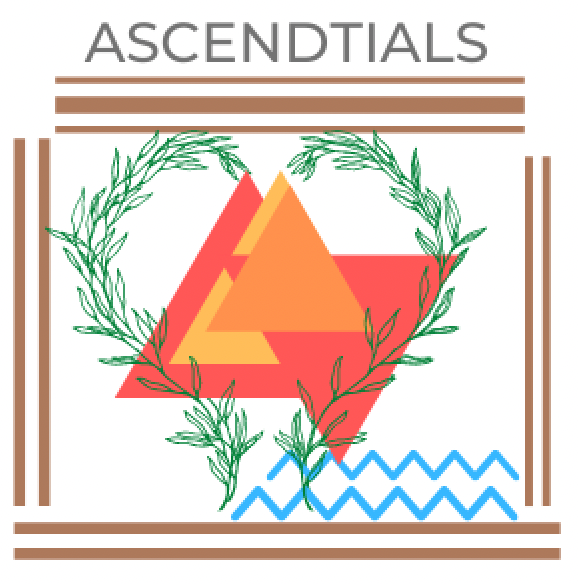Our Volunteer Efforts
The recent wildfires that raged through southern California remind us that climate change is a growing concern for many coastal U.S. communities. ASCENDtials seeks to support the community amid fears of future food insecurity by sharing knowledge about, and growing, fresh foods. No one should be limited to supermarket produce. We, as a community, need access to a shared garden to grow the fresh foods that will support our health and wellbeing. Our future depends on it.
ASCENDtials funds the project through local grants and online donations. We rely on student and community volunteers to fertilize the soil and plant all crops in Sweetwater Community Garden. Through the garden, we seek to educate students and San Diego residents alike about quality crops and gardening techniques. Students of all ages will have the opportunity to learn more about our environment and sustainable growing practices as we prepare ourselves for an uncertain future.
Garden Project Lead: Kenyatta Parker
Kenyatta Parker is a dedicated environmental activist from San Diego, California, and an important member of our team. As the leader of our Garden Project team, Parker has been in charge of numerous garden workshops, helping spread our message and broaden our impact. She is excited to continue heading our gardening initiative, and enjoys the community of our Ascendtials team.
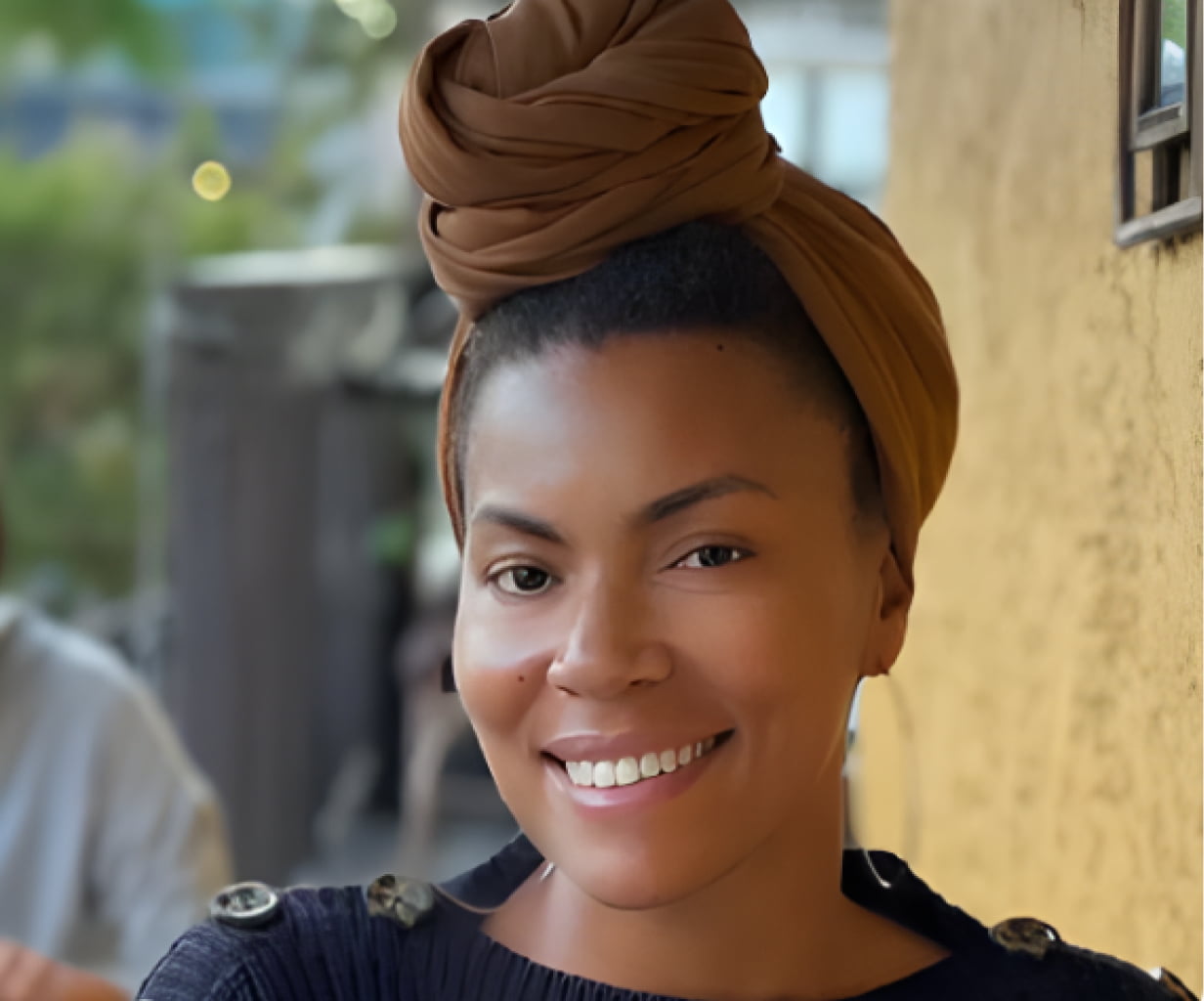
Join Our Gardening Initiative
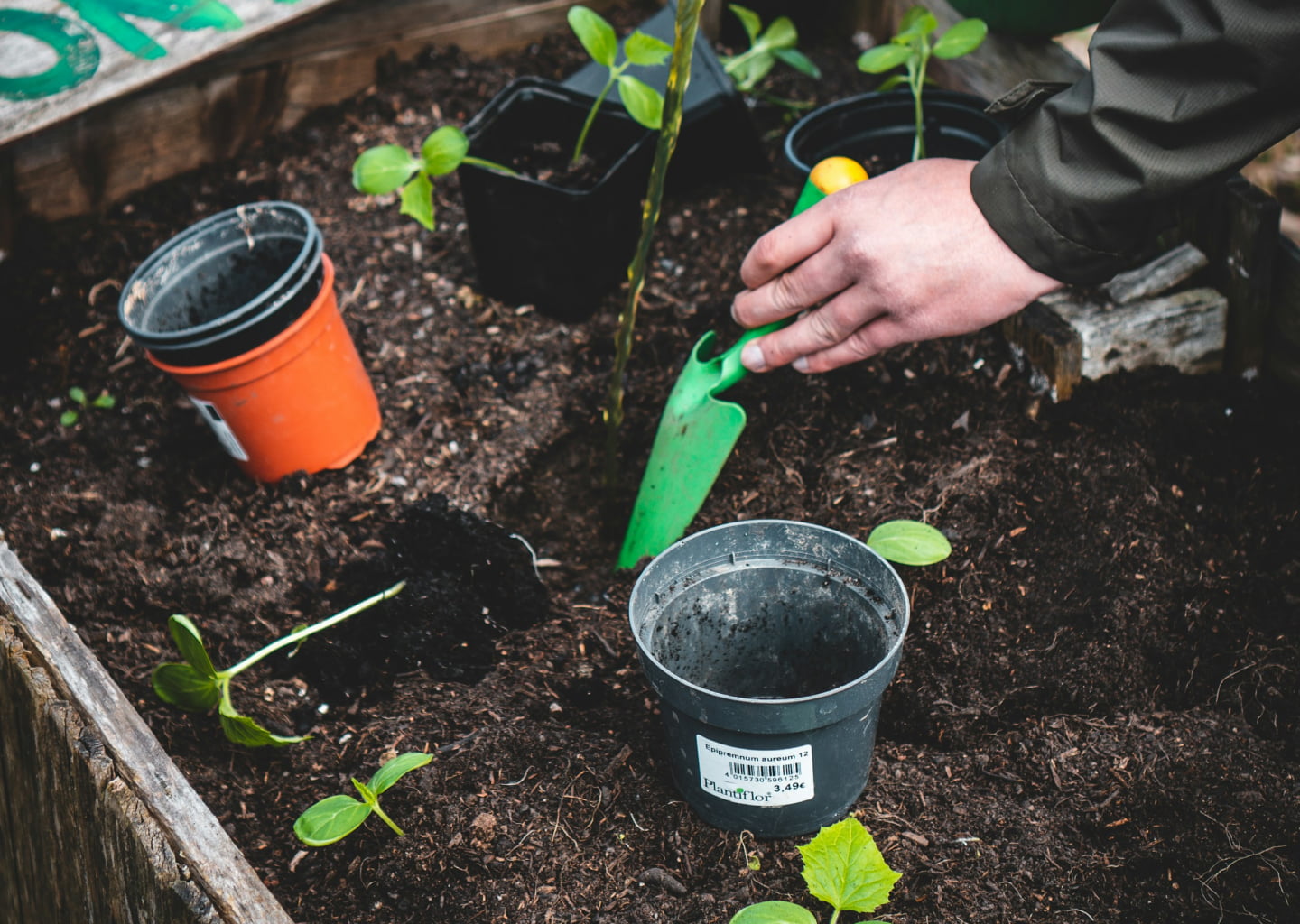
Membership
Welcome to our ASCENDtials garden! Become a member today to get involved with our garden community and give back to our planet. Thank you for your decision to grow with us, and we hope your experience is enjoyable and enriching.
To sustain the garden, we will ask members to pay a small monthly membership fee of $5 to maintain the grounds and preserve the garden’s operational costs.
Workshops and What to Bring
Alongside growing healthy produce for our community, our garden hosts many fun events and activities. Visit our Garden Workshops each month, held at Sweetwater Community Garden! Besides the items listed below, you should also bring water, gloves, a hat, and sunscreen. For additional information and tips, click here.
- Measurements or plans for building something
- To-Do List
- Plants and progress you have made to post on social media
- Parts of your garden that need changes you can mark up later
- Plants that are diseased or that you need to identify to take to a nursery or garden center for expert advice
- Meditative Music
- Powerful, Energetic Music
- Talk Radio / Podcasts / Audiobooks
- Wristwatch
- Smartphone (Alarm)
- Someone to call for you
- Water / Tea
- Healthy Snacks
For details on upcoming workshops or for more information about membership visit our Garden Project page.
Our Crops
ASCENDtials plants native, drought resistant maize corn, peppers, beans, and squash. These types of plants originate from ancient civilizations like the Aztecs, Cherokee, and other Native American and Central American tribes. We also plant a variety of medicinal plants and grains that are underutilized in our American diets, but are well-known in indigenous communities to bring about higher-level thinking and optimal health. Garden students will be exposed to the benefits of these Superfoods, and their ability to heal and eradicate toxins from the body. Some of the plants we grow are highlighted below.
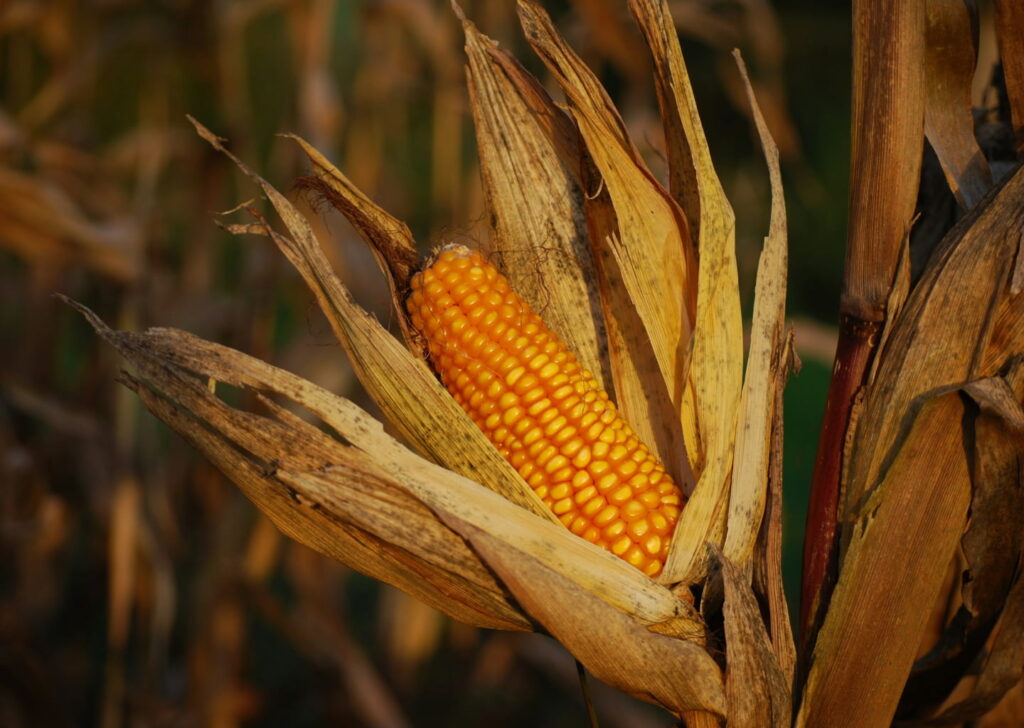
Maize Corn
ASCENDtials plants four species of maize corn: Rainbow corn, Blue Hopi corn, Aztec corn, and Oaxacan Green Dent corn. Historically, maize corn varieties were the choice of crop for ancient Hopi, Aztec, Cherokee, and Zapotec tribes because they could weather extreme temperatures and droughts.
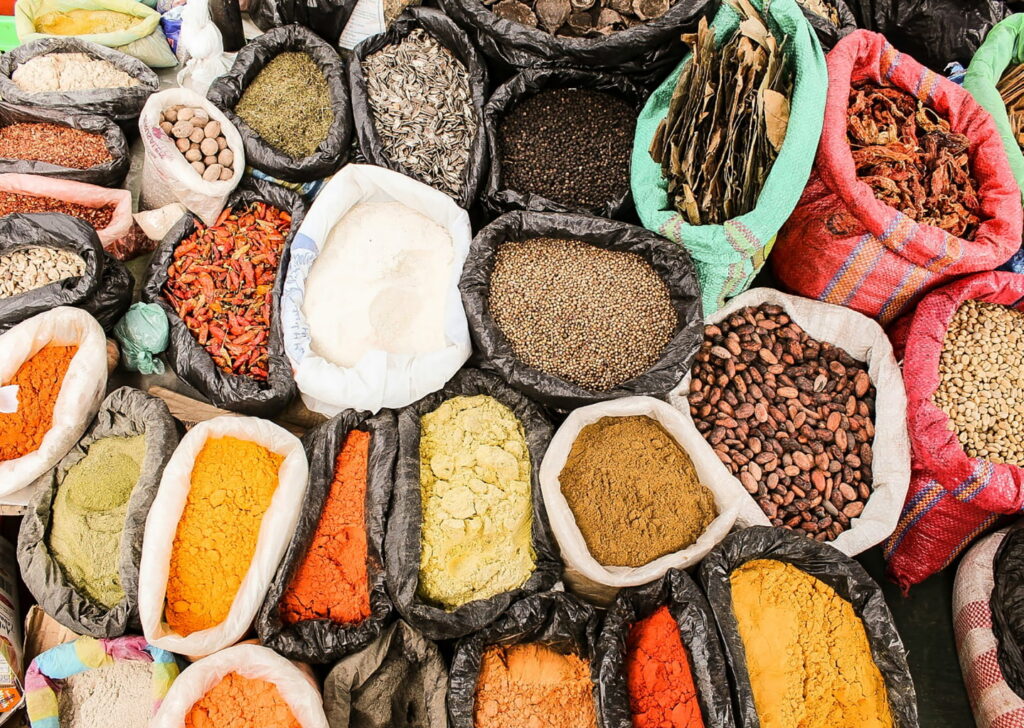
Beans
ASCENDtials plants Tepani beans, Lima beans, Cherokee Trail of Tears beans, and Arikara Dry Yellow beans to demonstrate the inventiveness of Native American tribes. For instance, the Arikara Yellow Beans were cultivated by Arikara and Mandan Tribes in the Missouri region, while Cherokee Tribes planted Trail of Tears beans after they were forced to Oklahoma.
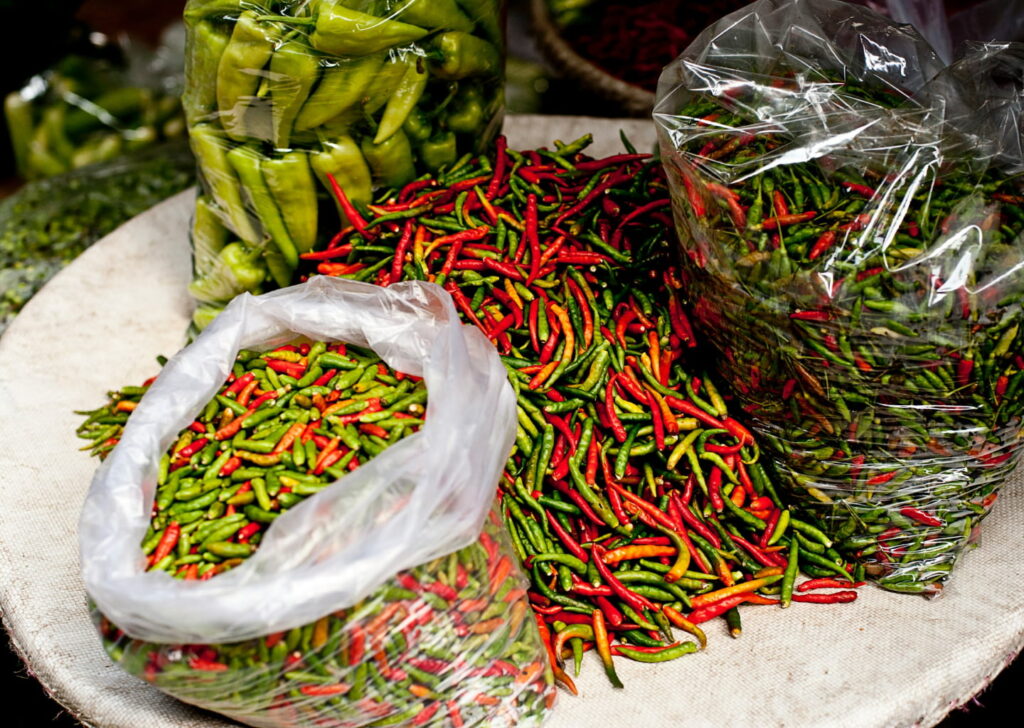
Peppers
ASCENDtials plants varieties of Chiltepin Peppers and Ordono peppers from Mexico, and Jupiter Red Bell peppers and Criola de Cochine Peppers from Central America. ASCENDtials intends to accentuate the contributions Central American tribes have made toward current U.S. farming methods by planting Central American pepper varieties.

Squash
ASCENDtials plants four Native American varieties of Squash: Candy Roaster, Mandan Summer, Arikara, and Seminole Pumpkin. ASCENDtials is eager to highlight these Midwestern and Floridian tribes’ crops to more people.
Try our fresh Produce
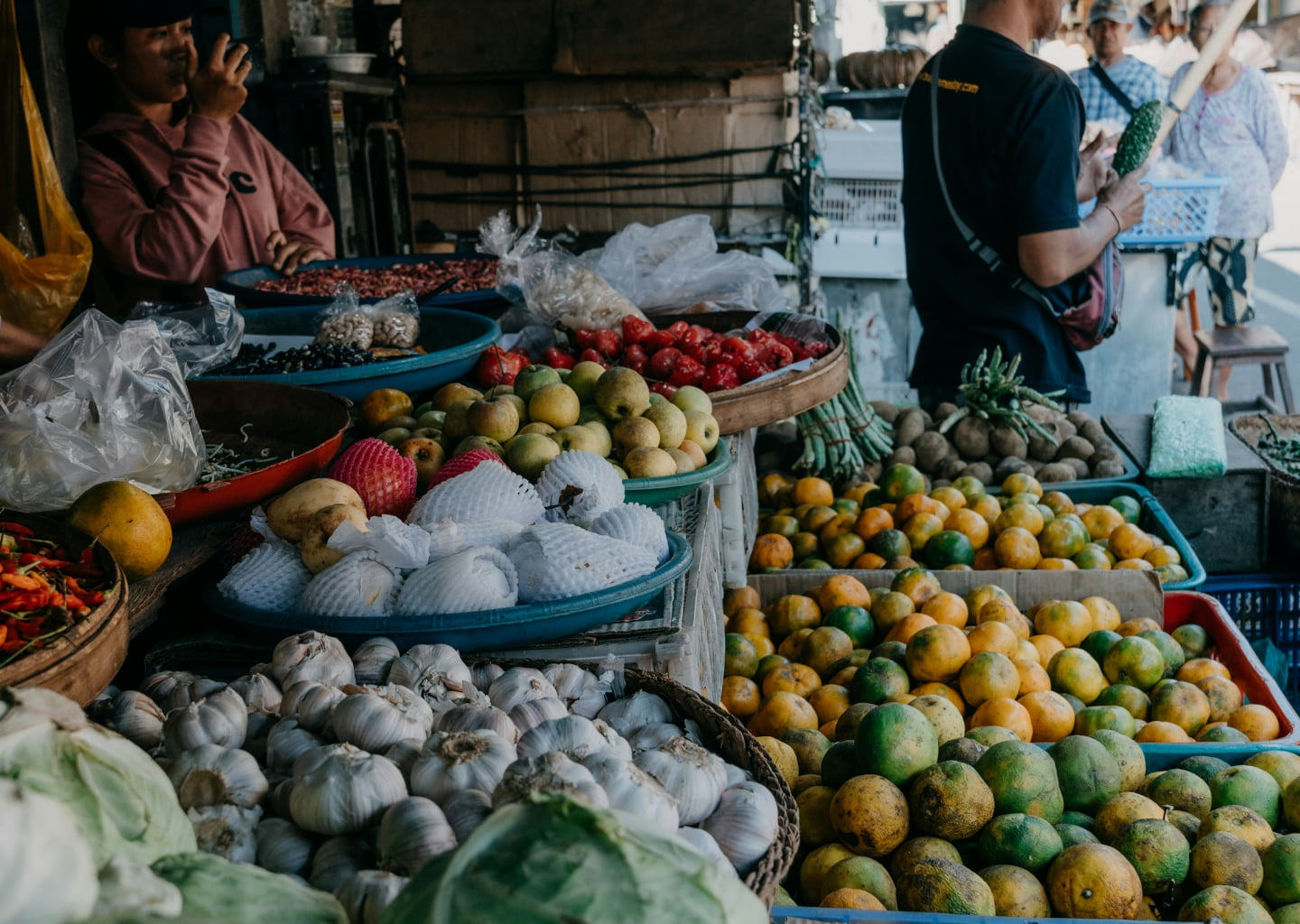
ASCendtials FarMers’ Market
Visit our weekly Farmers’ Markets to access locally sourced fruits and vegetables and meet our amazing vendors while experiencing the vibrant culture of San Diego.
Join our subscription for a chance to receive weekly bundles of greens! Click here for more information.


